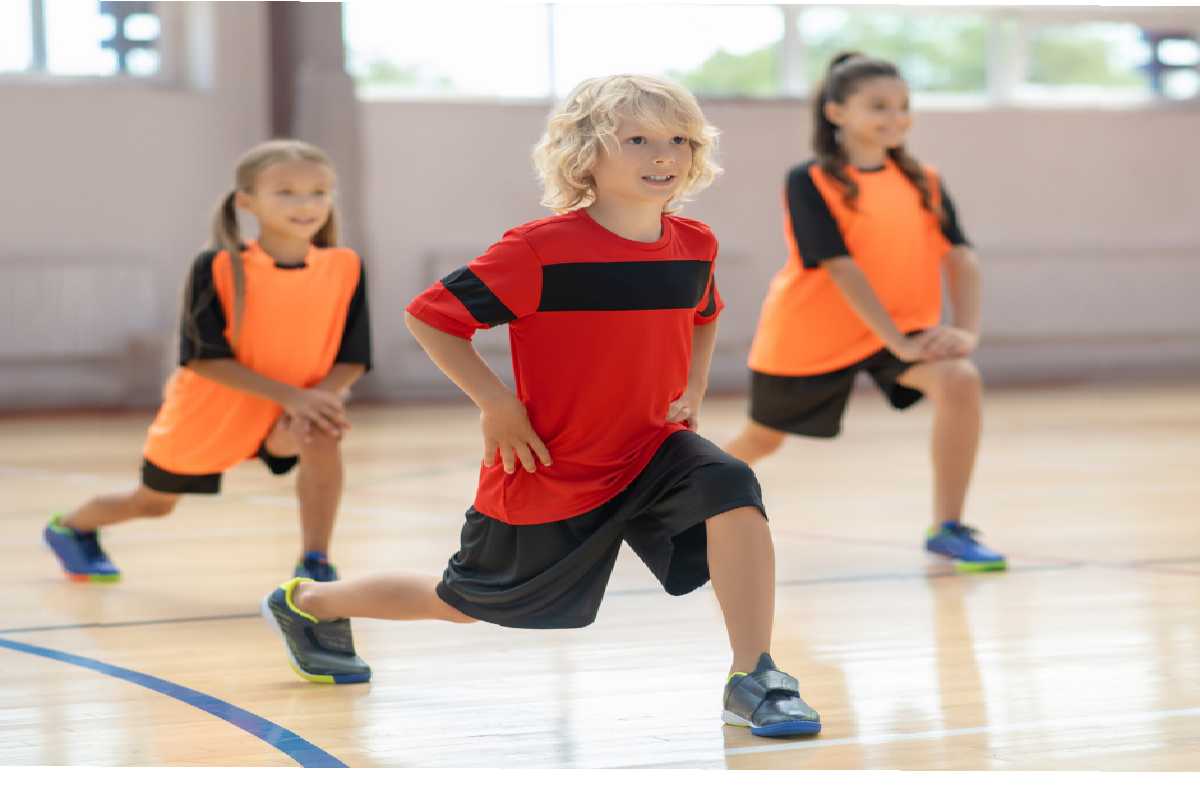5 Hydration Tips For Hot-Weather Walks
5 Hydration Tips For Hot-Weather Walks: Staying hydrated is vital at all aeras, but it’s crucial while walking for exercise.
Water improves the efficacy of your heartbeat, prevents muscle cramps, and helps you maintain a more stable body temperature.
Additionally, when heat and humidity cause you to perspire more than usual during warmer weather, your hydration needs may increase.
1. LET THIRST BE YOUR GUIDE
- Tamara Hew-Butler, DPM, Ph.D., associate lecturer of workout and sport science at Wayne State University in Detroit, advises, “Don’t believe the misconception that when you’re thirsty, you’re already dehydrated, and it’s too late to repair the problem.
- “If it were true, all terrestrial mammals would die since they drink following behaviorally-driven thirst’s physiologically mediated demands. They have done reasonably well without trying to estimate their rate of fluid loss while grazing or setting a timer to remind them to drink at regular intervals.
- The amount of sweat you produce, your weight and height, the temperature outside, and the distance you walk can all affect how much fluid you require. There isn’t a specific volume of liquid that works for everyone.
- Instead, the finest personal fluid replacement guide is thirst. Neural circuits that are hard-wired into our brains and nervous system control it in real-time.
- Our brains have sensors that are always keeping an eye on the body’s salt and water balance.
2 GIVE YOUR WATER A FLAVORFUL TWIST
- Water is the best option even on a hot summer day because walking for an hour doesn’t require replenishing your electrolytes with a sports drink. To ensure you’ll drink water while walking, bring something more flavorful, like fruit-infused water.
- Gethin Evans, Ph.D., principal lecturer at Manchester Metropolitan University in the U.K. and a hydration researcher, believes drinking water is fine for healthy, recreational exercisers engaging in relatively low-intensity activity such as strolling for short-to-medium durations.
- “However, one of the most crucial aspects that must be taken into account is the flavour of the fluid being used. More individuals will absorb it the better it tastes.
3 EXPECT FEWER PIT STOPS
- If you put off drinking when you’re thirsty because you’re scared you’ll need to go to the bathroom while you’re out walking, it could cause you to get dehydrated. Your body assists you in coping with this possible issue by reducing your need to urinate when you’re outside in the heat.
- According to Hew-Butler, “if it’s hot and you’re sweating a lot, the body inhibits urine excretion by producing an antidiuretic hormone that helps the kidneys retain water.” Therefore, it is typical for you to pee less as you perspire more.
4 BEGIN WELL-HYDRATED
- On a hot day, don’t set out to walk if you’re thirsty. About 30 minutes prior to your planned walk, drink something to quench your thirst. Before ingested water enters the circulation, Evans explains, it must be expelling from the stomach and absorbed from the intestine.
- It may gross up to 20 minutes for that water to arrive in the circulation. So just because you no longer feel thirsty right before commencing an exercise session doesn’t guarantee that your water levels have been restoring.
5 BRING YOUR WATER BOTTLE
- You should drink to quench your thirst while walking in hot weather, even if you get a drink at home before you leave. Bring a large enough bottle with you to satisfy your thirst. According to Dr. Martin D.
- Hoffman, professor of physical medicine and reintegration at the University of California, Davis, and skull of the Sacramento-based Ultra Sports Science Foundation. “It won’t be more than one 32-ounce water bottle per hour for the majority of people.
- ” “Even if you don’t drink during an hour-long stroll, if you are sufficiently hydrating at the beginning of the walk. You won’t become badly dehydrated. But having a water bottle with you will make it possible to quench your thirst. Which is essential for staying properly hydrated.
Also Read: Health Benefits of Cinnamon
